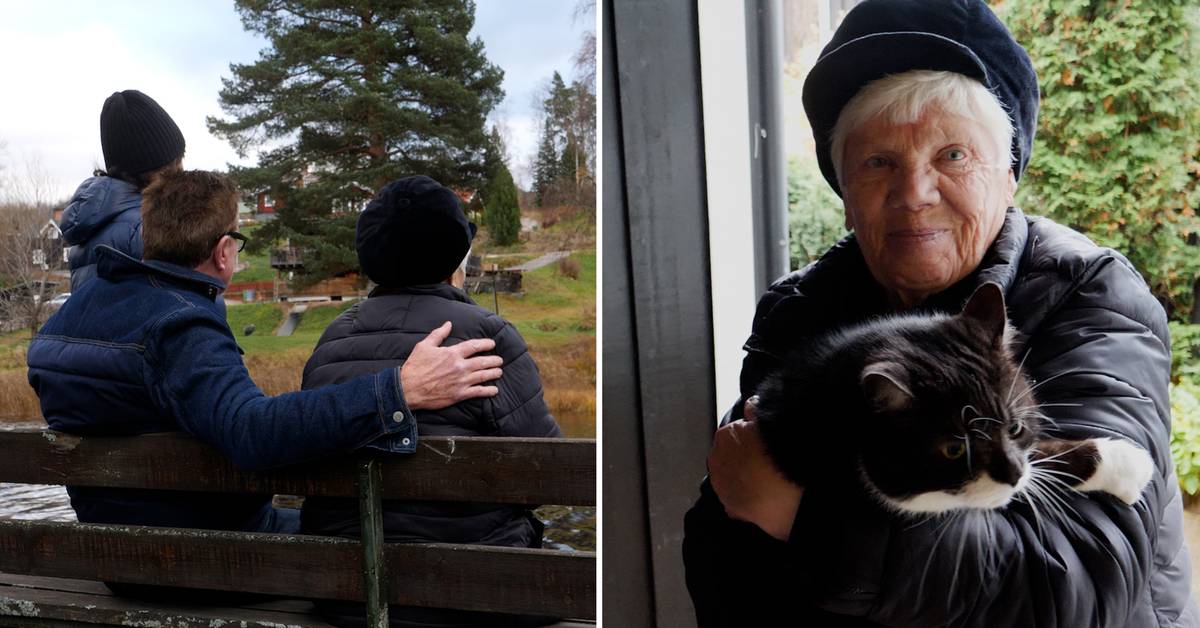Before Liviia moved to Rättvik, she had lived in Kyiv for 15 years, obtained a permanent residence permit and Ukrainian citizenship.
Nevertheless, she will be deported to Russia, where she was born - and also a Russian citizen.
This summer, the Swedish Migration Agency made a decision to deport her to Russia as Lidiia is deemed to "have a strong connection to her home country of Russia".
The decision was appealed and the Migration Court demanded that the investigation be redone.
Now the Swedish Migration Agency announces that the review has been rejected.
In four weeks at the latest, she must leave the country.
- She is very sad and very scared.
There are two options for what will happen if she moves back: jail or mental hospital.
My wife is absolutely devastated.
Nothing is funny, says Lidia's son-in-law Jan Erik to SVT.
The decision after SVT's coverage: Very downplayed role
Meanwhile, Lidia's health has gradually worsened.
According to medical records, she suffers from high blood pressure and weight loss.
Certificate that the Swedish Migration Agency has taken note of.
The refusal is justified, among other things, by the fact that her family, which is fighting against Russia in Ukraine, does not pose a particular risk to Lidia's safety.
It is also written that articles written about her case, including by SVT, do not make her a person of "interest to Russian authorities" as they believe that Lidiia had a "very downplayed role in the cited articles".
- After all, the articles are personal portraits of Lidiia where her name appears in the main headline with photographs and detailed descriptions of her life situation as a war refugee from Ukraine.
In the articles she criticizes the war.
That alone could land her in prison in Russia, Lidia's lawyer Cemal Özkan writes to SVT.
The Swedish Migration Agency: Political directives govern
The Migration Agency cannot comment on Lidiia's individual case, but states that they generally look at the person's connection to Sweden and its family when deciding on deportation.
Press manager Annica Dahlqvist emphasizes that the affiliation regulations are not designed by the Swedish Migration Agency - but by the government.
- Politically speaking, they wanted to change the rules for who should be allowed to come to Sweden.
Now there are higher requirements for dependency ratio, and we see suggestions that it should not be possible at all to have a household partnership, she says.

